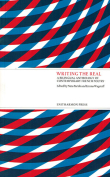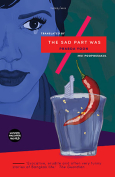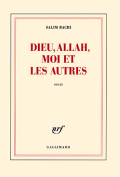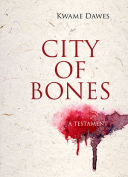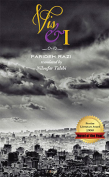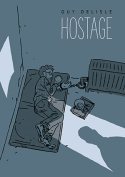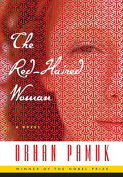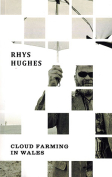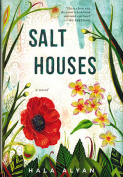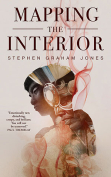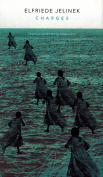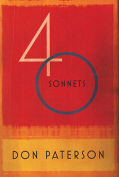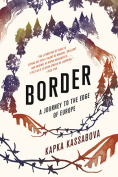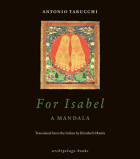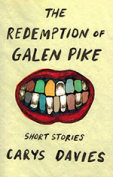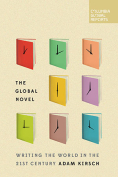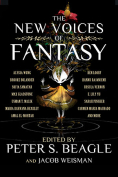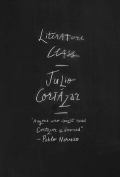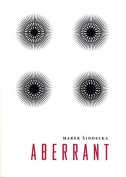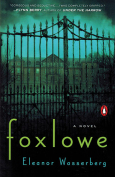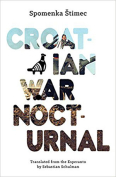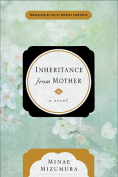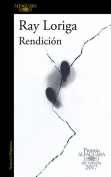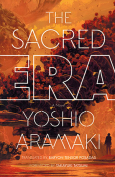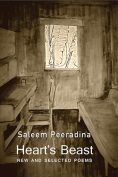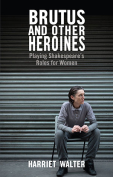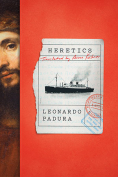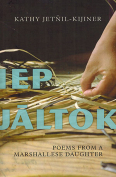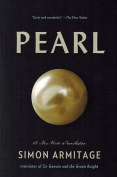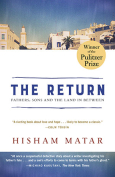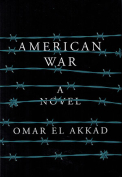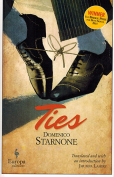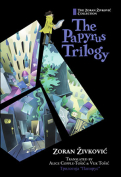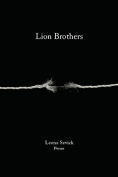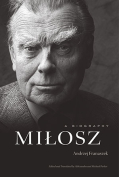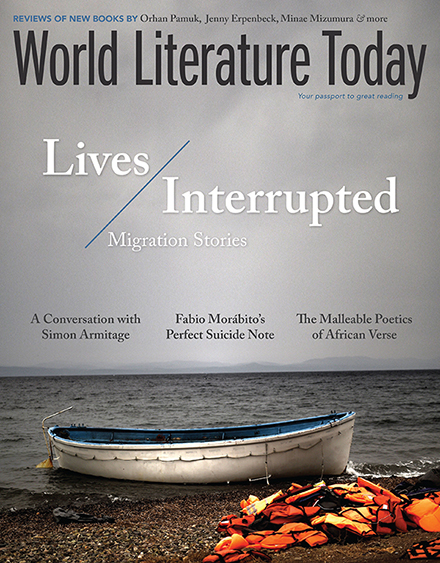Iep Jaltok: Poems from a Marshallese Daughter by Kathy Jetñil-Kijiner
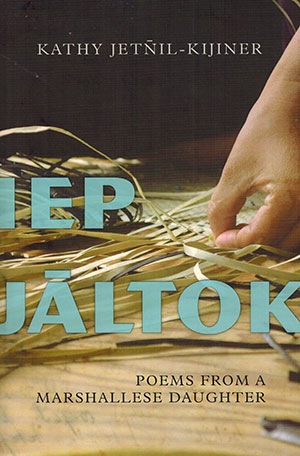 Tucson. University of Arizona Press. 2017. 82 pages.
Tucson. University of Arizona Press. 2017. 82 pages.
The lacunae in literary and cultural studies of the Pacific is here mended and woven into the fabric of the basket in Marshallese daughter Kathy Jetñil-Kijiner’s sea of poems. The poetic gendered, cultural, and political genealogy she provides is at once gentle, lamenting, and instructive as well as harsh, factual, and poignant, narrating the broadest of Marshallese stories, from innocent paradise to nuclear fallout zone. The collection is bookended by basket poems, iep jaltok representing the matrilineal lineage of the poet and from which the collection gets its title. The second basket acts perhaps as a memoir or epilogue to a precarious journey, “a lineage of sand / a reef of memory / your womb a sustainer,” with directions for the next generation of weavers. Indeed, the journey of the Marshallese has been precarious, suffering the pernicious radiation from US nuclear testing in the Pacific in the 1950s. “We mistook radioactive fall out for snow” that lodged in “Bianca’s 6 year old bones” and transformed paradise into white- hot sand.
Jetñil-Kijiner’s narration of radiation-related deaths in her community, and her necessary departure from the “hot” shores of home, reveal an inhospitable resettling on Hawaii as an environmental exile. “Lessons from Hawai’i” exposes an America littered with racism and the stigma of being the Micronesian “other” whose cultural specificity gets lost in the metanarrative of not belonging “here”: “You don’t look Micronesian / you’re much prettier!” These poems are raw and affecting and provide the reader with a vital inside view of a little-known story.
Having inherited the fallout of nuclear testing (as cancers and environmental death), having been dispatched to a safer island home, having buried elders and young relatives, Jetñil-Kijiner draws the reader on to the next catastrophe—climate change. In “Two Degrees,” she shoots from the lip about what a temperature increase of two degrees will do, not just to the Marshallese but the world; it will wash the “crumbs” of the Pacific “off the table,” swallowed by rising seas of affluence, nuclear testing, melting icebergs, and the arrogance of some of the world’s people who have forgotten their source. “Maybe I’m / writing the tide towards / an equilibrium / willing the world / to find its balance.”
Reminiscent of the late Paula Gunn Allen, a provocative, prophetic, poetic memoir and way forward.
Shé Hawke
University of Sydney
